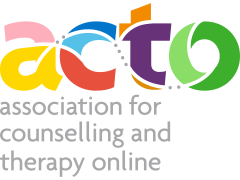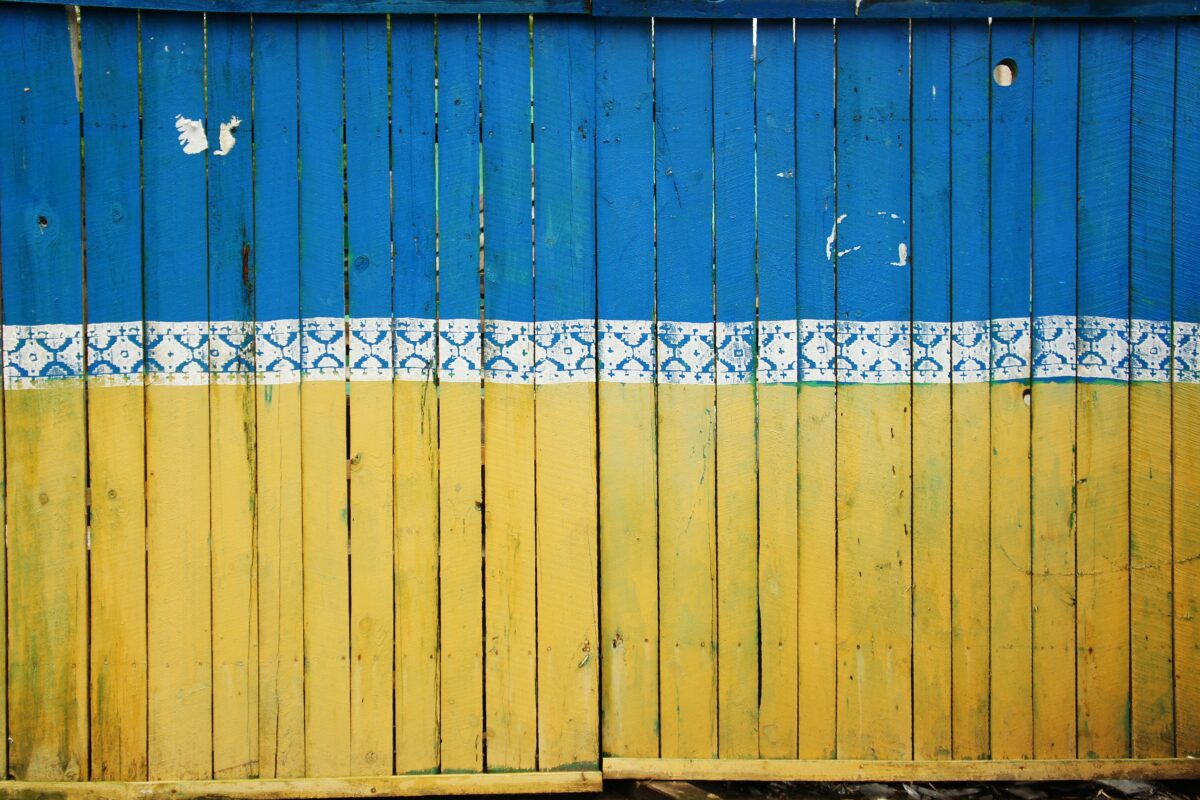The following links may help CYP, parents and practitioners. We acknowledge that for families who had have to flee other war torn areas, these events may be triggering for them and their children. We also want to acknowledge that this may feel like another disaster after the last two years of isolation and loss with Covid-19.
It is important though that if children and young people are asking questions, we answer them as openly and honestly as we can – with a response appropriate to their age. We also recognise the sense of not knowing may impact the overriding feelings of anxiety for both adults and young people.
We therefore feel that finding ways to ground children, young people and ourselves will help to process the emerging information about the invasion of Ukraine.
We hope that you find these resources useful.
Anxiety reduction and calming/grounding strategies
- Childline Calmzone (https://www.childline.org.uk/toolbox/calm-zone/) particularly for younger students. It has lots of practical tips and exercises to help.
- A self soothe box is another great way to help ground when feeling anxious https://youtu.be/TTYlS3u3A_E
- Other grounding techniques such as these can be helpful too: https://www.youngminds.org.uk/young-person/blog/the-grounding-technique-that-helps-me-when-i-m-anxious/
Talking to Teenagers about the invasion in the Ukraine
- Anna Freud also complied some useful suggestions with BBC Bitesize for parents and carers.
The UK Trauma Council, founded by the Anna Freud Centre has a range of information for families and professionals. A resource page on how to support refugee and asylum-seeking children from all parts of the world who have experienced trauma. Reports are emerging on lone children crossing borders from Ukraine, this information may be of particularly beneficial for professionals. Here is a list of their support resources to help professionals get started. They also have training available.
- British Red Cross | Afghanistan – Information and support for people from Afghanistan settling into life in the UK. Resources translated into Dari and Pashto. Includes information on the Red Cross’ Family Tracing service, videos about life in the UK, and information on how to contact ARAP, the Afghan Relocation Scheme.
- Coram Children’s Legal Centre | Immigration, asylum and nationality – Legal casework advice, assistance, and legal representation as well as a range of free resources and online information on issues affecting children subject to immigration control.
- Doing What Matters in Times of Stress (who.int) – A free stress management guide for coping with adversity. The guide aims to equip people with practical skills to help cope with stress. It has been translated into 19 languages, including Arabic, Chinese, Dari, Farsi, and French.
- GOV.UK | Welcome: a guide for arrivals to the UK from Afghanistan on the locally employed staff relocation scheme – A guide for families arriving under the ex-gratia scheme (EGS) and the Afghan Relocations and Assistance Policy (ARAP). Dari and Pashto translations available.
- National Children’s Bureau | Supporting young people leaving care with insecure immigration status (PDF) – Research and evaluation paper on four projects delivered by five organisations working with young people leaving care with insecure immigration status. The report also looks at the impact of the pandemic on young people’s ability to access support and the projects’ ability to deliver.
- Refugee Council | Children and young people – The Refugee Council offers support to all unaccompanied refugee children who arrive alone in England. They provide asylum and welfare support, help trafficked children and those whose age has been disputed, as well as provide mental health therapy. They offer a range of free resources for practitioners and refugees on their website.
- Scottish Government | Age assessment: practice guidance – A trauma informed guide to age assessment. Appendix 4: Trauma-informed Age Assessments covers applying the framework to the needs of unaccompanied asylum-seeking children.
- University of East London | Resources on refugee & asylum-seeking children – Mental health resources and guidelines on supporting asylum-seeking and refugee children.

